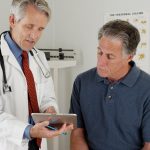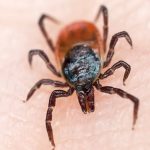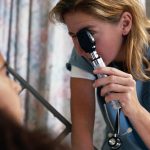
U.S. gun deaths and injuries in children have risen at astronomical rates. Yet, among kids on Medicaid, only about two of every five children who get shot receive mental health care within six months of these traumatic incidents, researchers say. The need is great, given that more than 11,250 U.S. kids experienced nonfatal firearm injuries in 2020. “There are many things that can happen after a traumatic accident like this from a mental health perspective. One, there are very frequently people who experience chronic pain associated with it, and chronic pain has a high rate of developing substance use disorders and addiction,” said study co-author Dr. Eric Fleegler. These patients may have post-traumatic stress disorder (PTSD) and could be dealing with depression. Without proper therapy and medication, this may lead to worse school performance, trouble retaining work, issues in relationships, suicidal ideation and premature death, added Fleegler, a pediatric emergency medicine physician at Boston Children’s Hospital. He’s also an associate professor of pediatrics and emergency medicine at Harvard Medical School. Those most likely to receive care already had sought mental health care or they received a mental health diagnosis at the time of the firearm injury, the study found. They were also more likely to be white. “There should be nothing different between somebody who is Black versus somebody white versus somebody who’s Hispanic in… read on > read on >


















